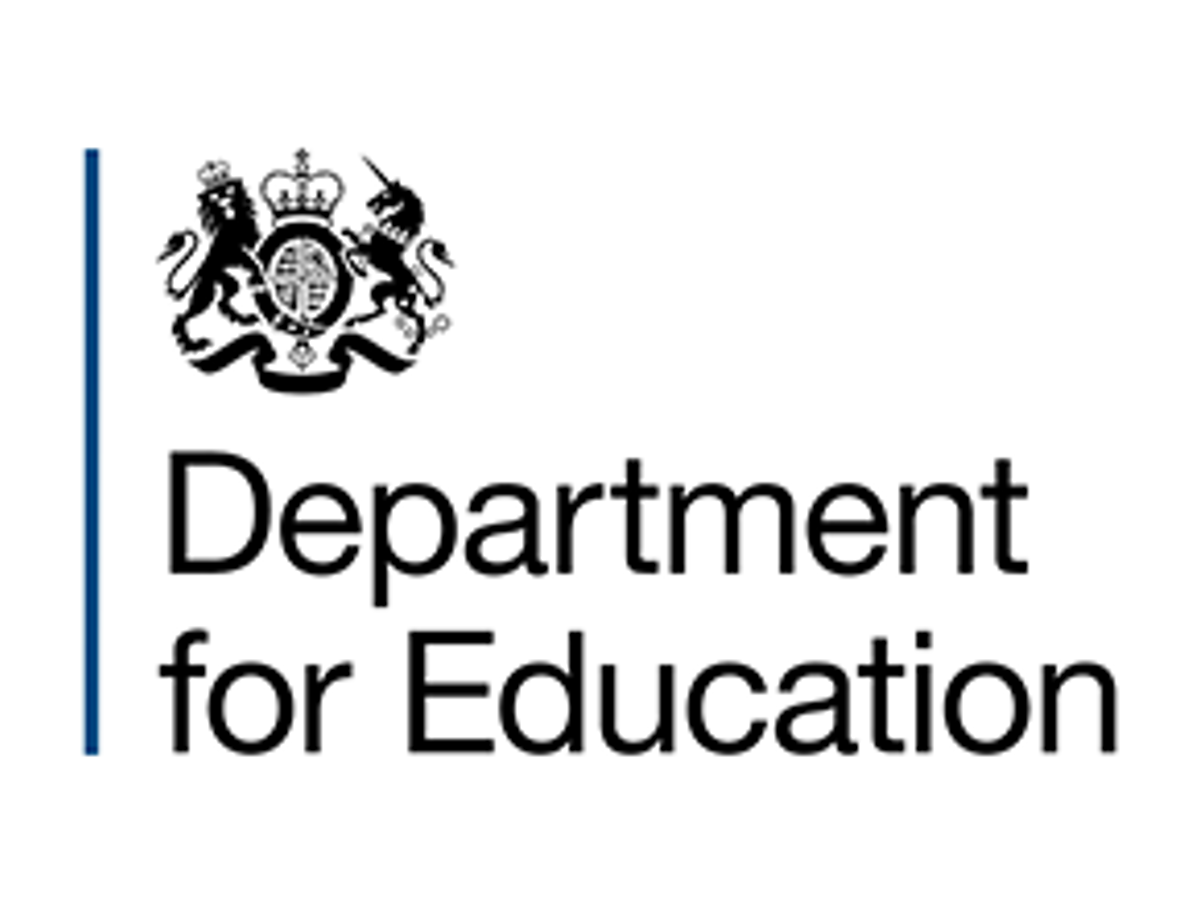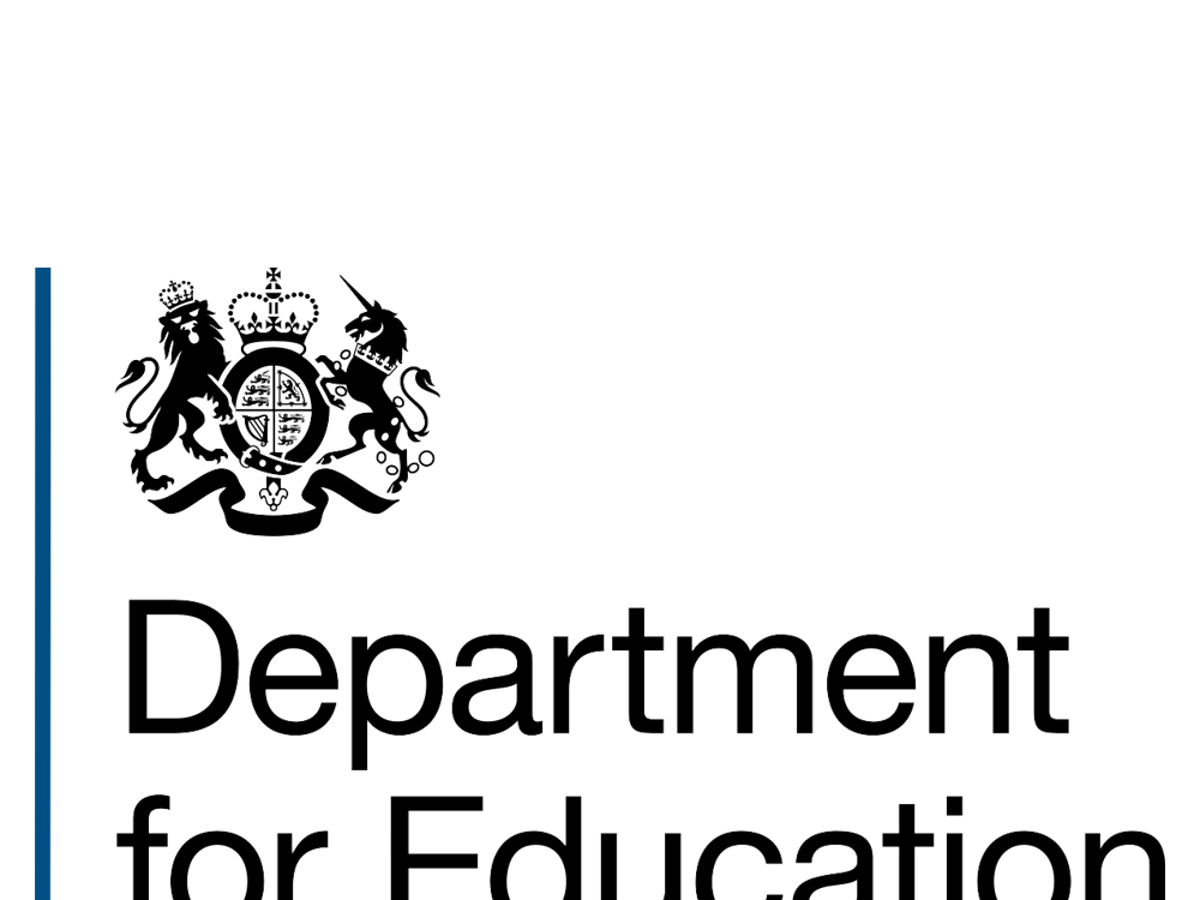Navigating the storm: the ongoing financial challenges of school governance
Sam Henson, NGA's Director of Policy and Communications, shares his thoughts on the financial challenges and obstacles for school and trust governance - and what they can do about it.

Benjamin Franklin’s phrase – “an investment in education always pays the highest returns”, has surely stood the test of time. Maybe he meant this in the context of one investing in one's future, but it is also a philosophy history has proven to be just as crucial for those governing nations.
There is no doubt that the current government, and whoever follows it next, will continue to have to make difficult decisions regarding public finances. None of us can pretend that running a country is easy. Still, hopefully, we can all agree that every new year group entering education deserves the best opportunity to thrive. That’s why at the head of NGA’s recently published manifesto, we are calling for the next government to ensure funding is reviewed to “ensure that as well as all schools receiving sufficient funding to sustain high quality education, they can meet the additional needs of vulnerable groups.”
The past year has brought unprecedented challenges to the world of school governance. The pressures on school budgets have been relentless, from the energy crisis to the ever-rising cost of living and inflation. While we might have hoped that the difficulties of the COVID-19 pandemic were behind us, the truth is that schools and trusts are still grappling with its aftershocks, compounded by new and emergent obstacles. As we delve into 2023/24, a fresh set of challenges has emerged, creating economic hurdles that impact the day-to-day operations of schools like never before.
A multi-dimensional challenge
Governing boards are facing these challenges from two critical perspectives. Firstly, they are tasked with ensuring the sustainable operation of the organisations under their financial stewardship. This, of course, includes the recruitment and retention of your most important resource, the staff.
Secondly, more controversially, boards must address the direct and often devastating impact these financial strains have on students and families. But this does not mean school staff are all things to all people; schools play a role in helping pupils to be ready to learn and know how to fund specific needs and requirements.
Clearly, we haven’t even really touched on the financial pressures associated with specific types of schools within the sector and groups of pupils who require greater levels of support. So, whether it is the increasingly challenging cost of running a small rural primary school or an urban inner-city school dealing with high levels of SEND-specific needs, the landscape is undeniably complex, with no shortage of obstacles to overcome.
Recent data from the Institute for Fiscal Studies (IFS) reveals that the additional funding announced in recent years is funnelled not into meaningful educational developments but rather into keeping schools afloat amidst the surging costs of delivering quality education. The need to balance budgets looms larger than ever - despite some welcomed injections of funding. Schools and trusts are increasingly relied upon by students, families, and communities alike, making financial sustainability an urgent concern.
Balancing the budget: an increasingly daunting task
As reported by NGA's annual governance survey, balancing the budget is top of the list of challenges for boards, the primary concern for 52% of school and trust boards. Staff pay costs represent a significant hurdle in this endeavour. Meanwhile, access to funding is a substantial issue for schools and trusts, particularly concerning pupils with special educational needs and disabilities (SEND), with a staggering 66% identifying it as their top challenge. The diversity of circumstances across the sector demands tailored financial strategies, but the common goal is clear: ensuring that the needs of students remain at the core of spending decisions.
Despite increased funding announced in the 2022 autumn budget, concerns about funding levels are intensifying. The impact of underfunding is evident throughout the survey, with respondents consistently identifying the need for additional funds to address significant issues such as SEND support, school building conditions, and attendance. Even though multi-academy trusts (MATs) are less likely to list budget balancing as a challenge, 43% still see it as a top concern. Similarly, 45% of single-academy trusts (SATs) report budget balancing as a significant challenge, highlighting the widespread financial strain
The buildings dilemma
As the academic year commenced, a pressing concern emerged related to school buildings, specifically the condition of school estates. According to the National Audit Office's report in June, the condition of school buildings is deteriorating, with many requiring significant reconstruction or refurbishment. This issue had never been directly addressed with governors and trustees until now. Nearly 4 in 10 respondents to our survey admitted that their school buildings were not in good condition, but the reality is even more nuanced. Many respondents noted that while some buildings were sufficient, others demanded urgent attention. The figures may underestimate the extent of the problem.
The September headlines about school building conditions are just the tip of the iceberg. Instead of focusing solely on emergency repairs for a few outlier schools, we should contemplate a long-term plan to address the widespread issue of substandard school facilities. Our collective goal should be to ensure that children and staff across the country have access to comfortable and accommodating learning environments.
The urgent issues related to school finances and building conditions further compound the already high-pressure workload of governors and trustees. These dedicated volunteers must navigate a complex web of responsibilities, including tight budgets, attendance challenges, and the aftermath of the COVID-19 pandemic. While we empathise deeply with the students, families, and staff affected by school closures, our attention must also turn to the looming wave of funding pressures and the imperative of providing quality learning environments for the next generation. Although the path ahead may be fraught with challenges, it is our duty to ensure that students receive the education they deserve in facilities that meet their needs.
So, what can governing boards do about It?
NGA strives to be the voice to represent your interests and ensure that they are heard during discussions and debates. Whether that is taking your feedback and concerns directly to ministers and senior officials or channelled through our work with partners. NGA's ultimate objective is to be influential in securing a better future for the schools and trusts that you valiantly volunteer to govern. Although we may encounter obstacles, our track record shows that we can achieve this together.
The power of the collective is where influence materialises. We are especially grateful for having such solid partnerships with organisations across the sector that we have and continue to work with. Informing, equipping and influencing change can take many years in national policymaking, but through your voice and stories, we can build on past successes.
Facing these substantial financial challenges might seem like an insurmountable task for governing boards at a local level, but there are also strategic steps they can take to navigate these troubled waters and ensure the sustainability of their educational institutions. Here are some actionable measures they can consider:
1. Ongoing advocacy and lobbying
Join the conversation and keep sharing, starting with our leadership forums on Wednesday, 18 October. Boards can collaborate to craft a shared narrative that amplifies underrepresented voices. Together, we can ensure that the public and the government are aware of the challenges schools face, especially now schools are referred to as the 4th emergency service.
As pillars of the community, schools have never been expected to deliver so much. Boards can also think about collaborating with other schools and trusts and joining local governance associations or other education advocacy groups to amplify their voice and influence policy decisions. And don’t forget to speak to your local MPs, councillors and anyone with influential standing within the community.
2. Transparency and accountability
NGA are firm believers in the principles of good governance, with ethical decision making being at the heart. As governing boards maintain a commitment to transparency regarding financial matters, they build towards a sustainable future rooted in equity and fairness. Ensuring that inclusivity and ambition are met with a culture of fairness and compliance sets a solid foundation. By budgeting clearly and openly showing value for money to stakeholders, boards can help retain multi-generational buy-in to what your school or trust stands for. Ultimately, accountability is key to maintaining trust during both times of plenty and times of want.
3. Diversify revenue streams
We can’t pretend funding opportunities are found around every corner, but some still exist. It is certainly worth boards exploring the question and seeking out any opportunities to diversify revenue streams beyond government funding if they haven’t already done so. This could include seeking partnerships with local businesses or fundraising initiatives within the community. Boards should consider innovative ways to generate income without compromising the quality of education.
4. Focusing on the long term financial planning
Governing boards must conduct a comprehensive review of expenses, but given current challenges, it would be easy to focus mainly on the here and now. However, you can identify areas where cost savings can be made without compromising the quality of education in future years. This might involve contemplating contract deadlines, renegotiating contracts early, or energy-efficiency initiatives, for example.
Instead of solely focusing on immediate financial challenges, governing boards should continue to think about how they can push past the reactive time demands to allocate resources efficiently and ensure sustainability over time proactively.
5. Community buy-in
Engaging in new ways with the local community or multiple communities if you are a MAT board, will help establish a mutual understanding of existing needs and drive a culture of support for the financial challenges schools and trusts face. That doesn’t mean you will get lots of funding from the community, but it does mean the community can help to find solutions. Collaboration with parents, local businesses, and community organisations can lead to creative solutions and additional support. You never know how working together can help alleviate some of the current pressures.
6. Reviewing your estate strategy
The school or trust estate is both a key asset and a mechanism to deliver outcomes for pupils. Given the concerns over school building conditions, even if you think your buildings are in good condition, governing boards should prioritise regular updates and assessments of their infrastructure. Those governing need a good understanding of the condition and performance of the estate to perform their strategic role effectively and crucially to get to grips with any capital funding pressures on the horizon. A helpful tactic is to choose and review around four to six estate performance measures covering a range of areas that align with the organisation’s strategic priorities.
7. Invest in skills and planning that will more than pay for itself
Ensuring that board members have access to financial management training and professional development opportunities is important. However, it's also crucial to free up your CFO or business manager to invest in their skill set and experience. This can help them make all round informed decisions and ultimately give boards assurances in effectively overseeing financial matters.
As part of this, boards can explore contingency plans with their finance experts for various financial scenarios, including best-case and worst-case scenarios.

Sam Henson
Deputy Chief Executive
Sam has been NGA's Deputy Chief Executive since January 2024 and previously worked as NGA's Director of Policy and Communications. Sam oversees NGA's policy, research, advocacy, external affairs and advice and guidance work. Sam works closely with and deputises for NGA's Chief Executive, leading the organisation to achieve positive change and drive influence at a national level through our policy and influencing work.





















































